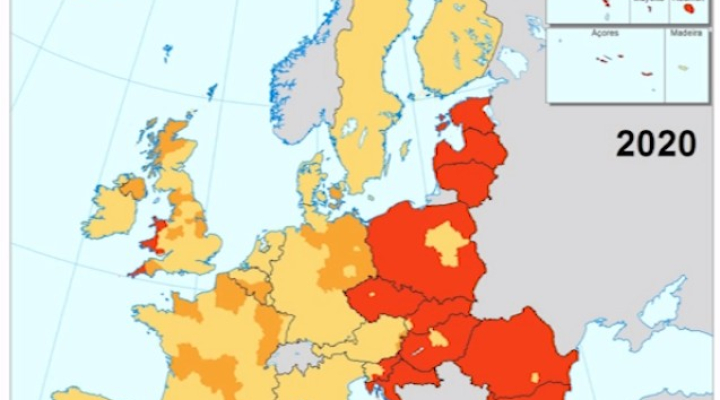The LIBE Committee of the European Parliament accepted Csaba Sogor’s amendments. The debate is still going on about the objectives of the two most important European funds for the period of 2021-2027
During the development of the funding policy for the 2021-2027 cycle, the need for supporting rural areas of Transylvania has been expressed - declared MEP Csaba Sógor. A debate is taking place about the objectives of the two most important European funds: the European Regional Development Fund and the Cohesion Fund. According to Csaba Sógor’s suggestions, the specific problems of Transylvania will also be taken into account.
“In addition to the European Social Fund, these two funds define the EU cohesion policy -especially what lagging regions concern. The funds finance the existing regional operational programs and they represent a big part of Romania’s infrastructural and economic developments. Therefore, the objectives of the EU are very important to take into consideration when Romania develops its priority areas”- explains Csaba Sógor.
The amendments of Sógor suggest that in order to support the development of lagging regions, these two funds should have special regard to rural areas. The MEP would like to use the funds to solve the following challenges of rural regions: population decline and aging, labour market difficulties, limited access to quality education and training, lack of health facilities and social services, isolation, risk of poverty and social exclusion.
The accepted proposals of Sógor also suggest that resources could be provided for the development of road networks between urban and rural areas, as well as for the establishment of a digital infrastructure. It is very important to ensure that national road networks cover not only priority areas, but proportionally affect all regions of the Member State.
The amendments of the MEP require that infrastructural projects supported by the European funds ensure accessibility for persons with disabilities, in order to improve their quality of life.
The elements of the document adopted by the LIBE Committee will be built in to the Regional Development (REGI) Committee’s own report in November. The topic will be presented to the plenary of the European Parliament beginning of next year.











